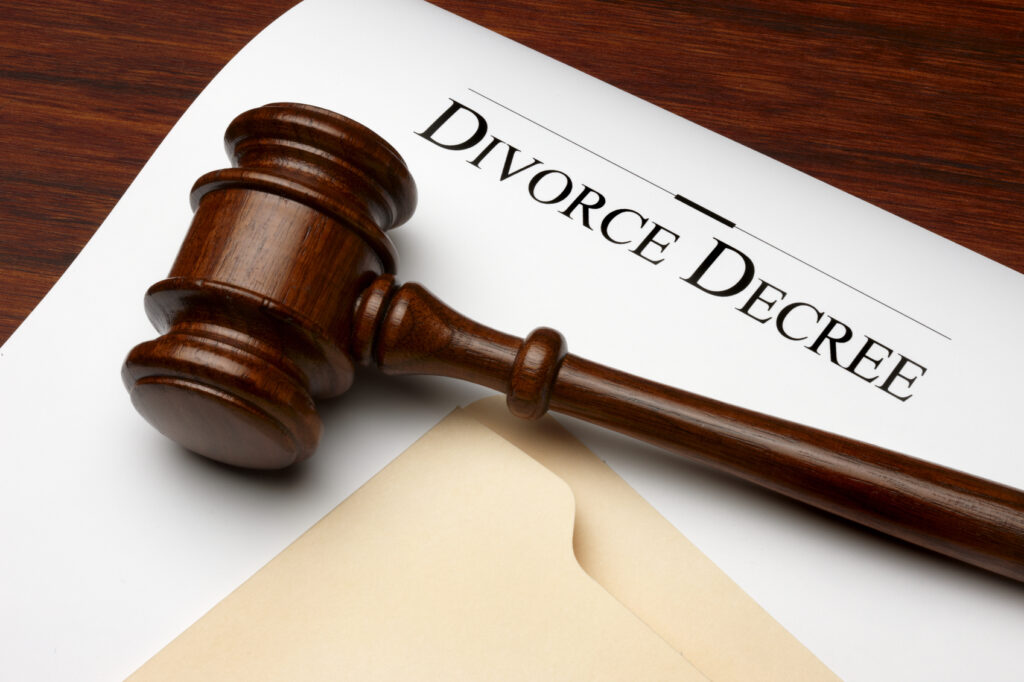Dividing Debt in an Ohio Divorce
When a couple makes the decision to divorce, the spouses know they will need to divide some of their property, like houses and cars. What many couples often do not know, however, is how or whether they will divide their debt.
Ohio follows the law of “equitable distribution” in divorce cases. This means the court will divide spouses’ marital property equitably between them, which does not necessarily mean the court will divide it equally. Marital property generally encompasses that which you acquired during the marriage or in both spouses’ names.
And just as you must divide the property you acquired during the marriage, you must also divide the joint debt you incurred. Typically, both spouses are responsible for all debts accumulated during the marriage, whether taken on in both spouses’ names or incurred for the benefit of the marriage. In determining how to divide those debts, the court overseeing your divorce will consider the same factors it considers in dividing your marital assets, including, per Ohio statute 3105.171(F):
- The duration of the marriage;
- The assets of the spouses;
- The desirability of awarding the family home, or the right to reside in the family home for reasonable periods of time, to the spouse with custody of the children of the marriage;
- The liquidity of the property to be distributed;
- The economic desirability of retaining intact an asset or an interest in an asset;
- The tax consequences of the property division upon the respective awards to be made to each spouse;
- The costs of sale, if it is necessary that an asset be sold to effectuate an equitable distribution;
- Any division or disbursement of property made in a separation agreement that was voluntarily entered into by the spouses;
- Any retirement benefits of the spouses, excluding the social security benefits of a spouse except as may be relevant for purposes of dividing a public pension; and
- Any other factor that the court expressly finds to be relevant and equitable.
Absent an express agreement between the spouses, the court will take into account all the above factors in determining which spouse should receive each piece of the couple’s property and what percentage of the couple’s collective debt each spouse should hold. While wholly separate debt, such as student loans taken out before the marriage, will generally remain your own responsibility, you are likely to split the majority of debts accumulated during the marriage. The court will usually consider how large a role each spouse personally played in incurring debt, especially when a spouse accumulates debt maliciously or recklessly, such as a secret spending spree or a gambling debt.
If you are considering a divorce, it is important to meet with an experienced Columbus Divorce Attorney to understand what you will and will not be responsible for paying back at the end of the division. Schedule a consultation with Dawes Legal, LLC, today by calling (614) 733-9999.
Dawes Legal, LLC
169 E Livingston Ave
Columbus, OH 43215
Telephone (614) 733-9999

